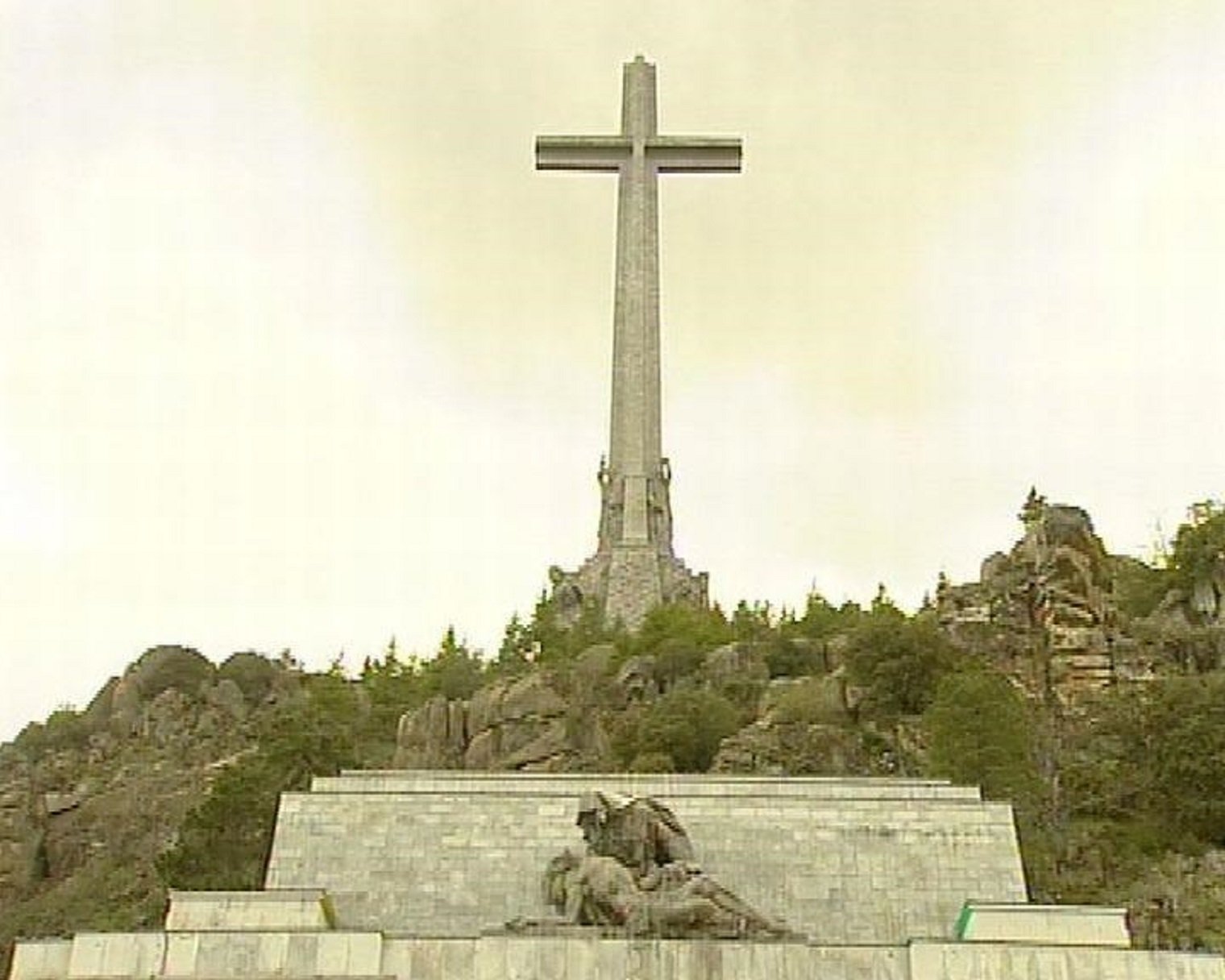The UN urges the Spanish state to "fulfil its obligation" to extradite or judge those responsible for the crimes of the Franco regime. The United Nations Special Rapporteur on the promotion of truth, justice, reparation and guarantees of non-recurrence, Fabián Salvioli, has said this Tuesday that the decision by Pedro Sánchez's government to exhume the dictator Francisco Franco from the Valle de los Caídos is a "positive step". The expert said this now has to be "continued for other very important subjects": "full reparations for all the victims, not blocking lawsuits taking place in other countries and fulfilling the obligation to extradite or try those responsible".
According to Salvioli, who was speaking to the media in Madrid, "there's no impediment" in national or international law to "move forwards with trials and sentences for those responsible".
In 2015, Rajoy's government blocked the extraditions applied for by Argentinian judge Maria Servini for some of those involved in the regime's crimes. Among those named were the ministers Utrera Molina (for having signed to confirm the death sentence against Salvador Puig Antich) and Martín Villa (for the deaths of five workers in a protest).
On the exhumation of Franco's remains from the basilica, the UN rapporteur noted this Tuesday that his predecessor, Pablo de Greiff, had already urged Spain to take "steps in this direction" after a 2014 visit. De Greiff, Salvioli said, gave recommendations in a report to change the significance of the Valle de los Caídos so it "doesn't continue being a shameful monument for the victims of violations of human rights committed during the period".
Salvioli is in Madrid at the invitation of the Congress's inter-parliamentary group on historical memory to "cooperate on everything relating to the measures the Spanish state has to adopt to guarantee the rights of victims whose rights were violated during the civil war and the Franco era".

